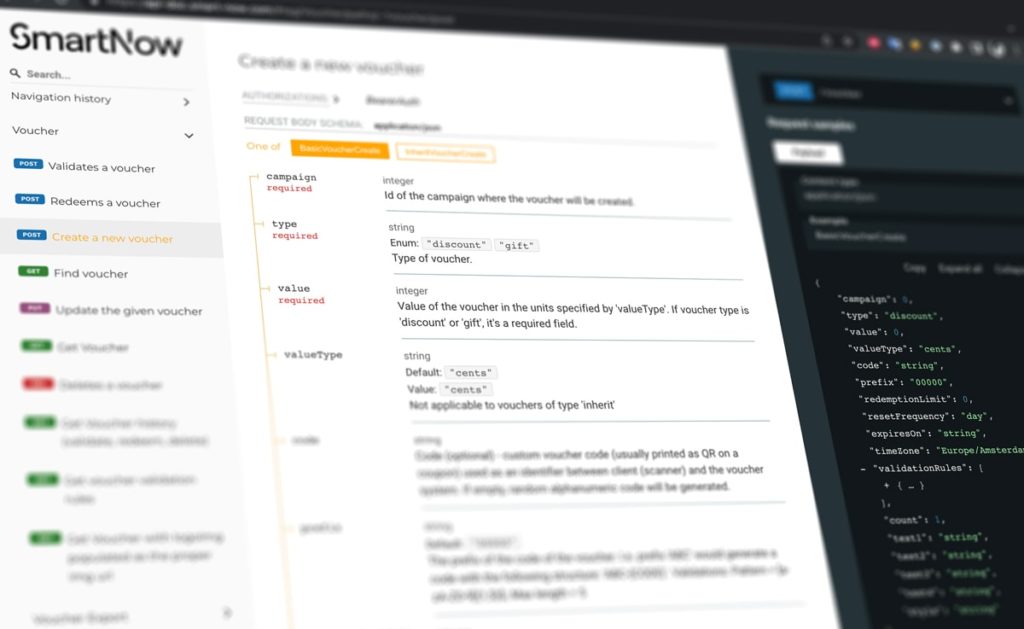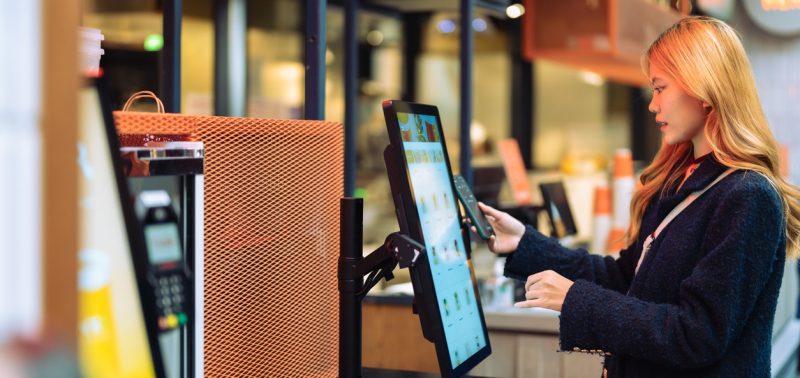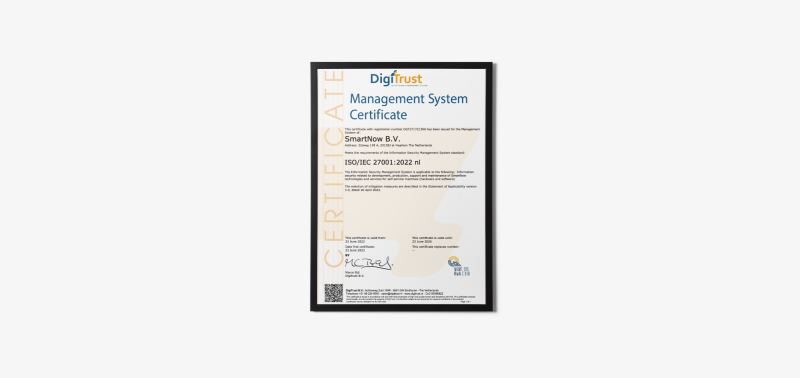Dynamic pricing examples
Dynamic pricing in self-service refers to the practice of adjusting prices for products or services based on various factors in real-time. This pricing strategy is often used by businesses to optimize revenue and respond to changing market conditions and customer behavior. Here are some examples of dynamic pricing in self-service:
- Coffee Machines: Convenience stores with self-service coffee machines can implement dynamic pricing by offering discounts during off-peak hours, such as late afternoon or evening, to encourage more coffee sales. They may also adjust prices based on the size of the cup or type of coffee (e.g., regular, premium, or specialty blends).
- Toilet Turnstiles: Some fuel stations or QSRs charge a small fee for using the restroom, especially in Europe. Dynamic pricing for toilet facilities could involve adjusting the fee based on factors such as location, cleanliness, or whether the customer has made a purchase in the store.
- Vending Machines: Snack or Drink Vending machines within convenience stores can employ dynamic pricing based on several factors, including product popularity, time of day, and inventory levels. For instance, snacks or beverages that are closer to their expiration dates might be offered at a discount.
- Car Washes: Fuel retailers often offer self-service car wash facilities with dynamic pricing. Prices may vary depending on the type of wash (basic, deluxe, premium), vehicle size (e.g., cars vs. trucks), or the inclusion of add-ons like waxing or tire cleaning. Special promotions and discounts during certain hours or days or depending on the weather forecast can also be part of dynamic pricing strategies.
How to get started with dynamic pricing?

Smartly connected self-service machines are essential because they improve operational efficiency, offer personalized customer experiences, enable dynamic pricing, and reduce maintenance costs, all while keeping businesses agile and competitive in the modern retail landscape.
SmartNow can help you smarten up your self-service landscape. SmartNow provides a single API interface to instantly update prices on self-service machines or control this directly via SmartNow’s customer portal. Additionally, SmartNow has developed a service to automatically synchronise prices from your system (BOS/POS) to your self-service machines.
Interested to read more on how technologies can drive self-service businesses and accelerate digitization?
Read our other articles on this topic:
Part 1: Cross-sell and upsell strategies in self-service retail
Part 2: How to use vouchers in self-service retail
Interested to learn what value we can bring to your business? Please get in touch with us!





